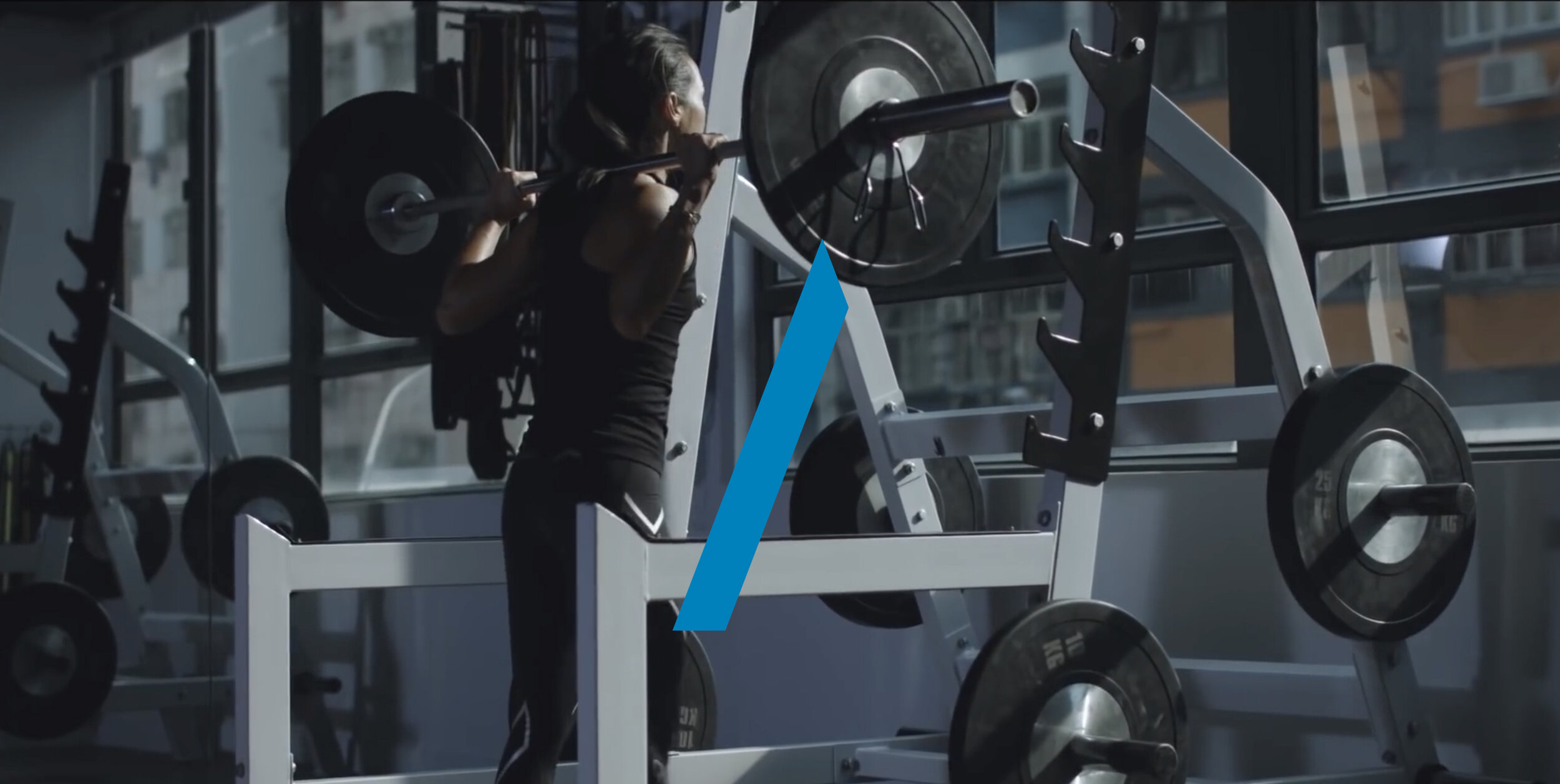James Clear (author of Atomic Habits) and Andrew Huberman (neuroscientist and podcaster) deserve the highest accolades for their work guiding us all to be the best version of ourselves with the least friction. Why?
Do I worry about my 1RM Deadlift the most? Not anymore. Do I worry about the grammar in my newsletter writing? I probably should but I don’t. So do I worry about how much to charge for a BLACK Tier membership. Nope. So if it isn’t athletic, content shipping, or membership fees (all have drained significant brain space in the past 10 years!) what keeps me awake?
Simple. I worry when the last time will be that I bounce my daughters on my knee. Or how quickly the time will arrive that I stop being cool (stopping snorting), idolised (seriously shhh), and unequivocally adored. I can buy anything else, I can replace anything else, I can probably expect to care very little about anything else. But not spending as much time with my daughters now and making sure that I am in peak condition to chase and play with them dwarfs my business fears.
Importantly however there is another reason I don’t worry about my Deadlift, newsletters, or business tactics. Because far more clever minds than mine (read aforementioned James and Andrew - to name but two), teach how to build frictionless growth focused habits that we would be foolish to disregard. I don’t lose sleep over my athletic goals or business tactics because we spend upfront time sharpening the axe with detailed strategy and then allow our strong habits time to compound.
No one else cares if you have created an environment for nutritional success or not. And no one else will lose sleep over your investment ratios. But you should. You should spend enough time now to create winnable circumstances, automatic contributions, and rapid onboarding for everyday activities that make you a better version of yourself and utilise lessons from the findings of experts.
So what can you structure most effectively from these great teachers?
Gamify your goals. Commit to 6 daily habits. Big or small they must all stretch you forward enough to deserve a self gratifying check on the fridge each night. (Ie brushing your teeth if you are older than 3 doesn’t get you a sticker - sorry). Write all 6 on a whiteboard and celebrate achieving 4 or more. Some days you will be perfect but some time life gets in the way. Avoid chastising yourself for grabbing a snack and ‘losing a point’ and instead celebrate successfully turning off your screens 30 minutes before your bedtime *hypothetical goals, enter your own 6.
Flip the friction switch. Make your new habit easy and the one you want to break hard (we all do this the wrong way round!). Stick a password limit on your Youtube screentime each day or cut up some vegetables on a Sunday and leave them as ready made snacks in the fridge. It doesn’t matter to me but if you find yourself slipping into your old ways too easily, create an obstacle (home delivery avoids the snack aisle!) and butter the success runway.
Find an accountability partner. Ok this one is more from our very own habit guru and Senior Coach Danny Atamu but without someone to hold you accountable, to celebrate with, and to remind you of why you started in the first place you are 100% less likely to achieve. Big statement but anyone who achieves long term health success with us has has the support of a spouse, best friend, child, or coach. Life is tempting and hard, why make your own bags heavier when you can share the burden.




